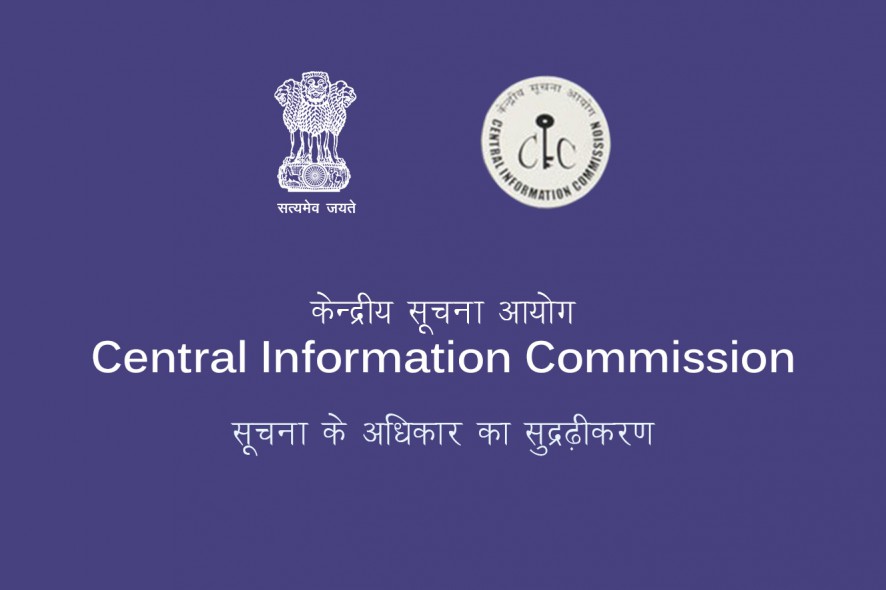Central Information Commission (CIC): The CIC recently directed Public Information Officers to abstain from forwarding information received from their subordinates to the RTI applicant without perusing the same for errors, in order to uphold the duty enjoined on them by the RTI Act.
The appellant had filed an RTI application addressed to the respondent CPIO to be given information regarding the progress of the insurance claim made by him. He alleged in the district consumer forum that he received no reply from the respondent and the district forum held in the appellant’s favour.
However, the respondent argued in front of the CIC saying that although it was correct that the appellant had received no reply from him, the said RTI application was received and processed by the bank which received the application. The bank, though not authorised to respond to RTIs anyway went ahead and answered the queries raised by the appellant, hence the appellant’s contention that he received no reply was incorrect. He further informed the CIC that he had issued an unconditional apology to the appellant for the lapse on his part.
The appellant submitted that the authority from which the reply was received was not one which was authorized by the RTI Act to do so and hence the CPIO was responsible for not furnishing the information in the prescribed manner.
The CIC referred to J.P. Agrawal v. Union of India, 2011 SCC OnLine Del 3245, where the Delhi High Court held:
“The PIO is expected to apply his/her mind, duly analyse the material before him/her and then either disclose the information sought or give grounds for non-disclosure. A responsible officer cannot escape his responsibility by saying that he depends on the work of his subordinates. The PIO has to apply his own mind independently and take the appropriate decision and cannot blindly approve/forward what his subordinates have done.”
In the J.P. Agrawal case, the Delhi HC referred to its previous judgment in Vivek Mittal v B.P. Srivastava, 2009 SCC OnLine Del 2555 had observed as follows:
“[A] PIO cannot escape his obligations and duties by stating that persons appointed under him had failed to collect documents and information; that the Act as framed casts obligation upon the PIO to ensure that the provisions of the Act are fully complied. Even otherwise, the settled position in law is that an officer entrusted with the duty is not to act mechanically.”
The CIC hence was of the view that the respondent CPIO’s argument that the appellant did, in fact, receive the desired information, though through an unauthorised source is not tenable as it is the duty of the CPIO to provide such information himself and not blindly delegate this work to his subordinates. The CPIO was directed to furnish a point-by-point reply to the appellant’s application and exercise care in the future and the appeal was accordingly disposed of. [Jaydrath Prasad v. Branch Manager and CPIO, Oriental Insurance Company Ltd., Chaibasa,2018 SCC OnLine CIC 356, decided on 18-05-2018]







